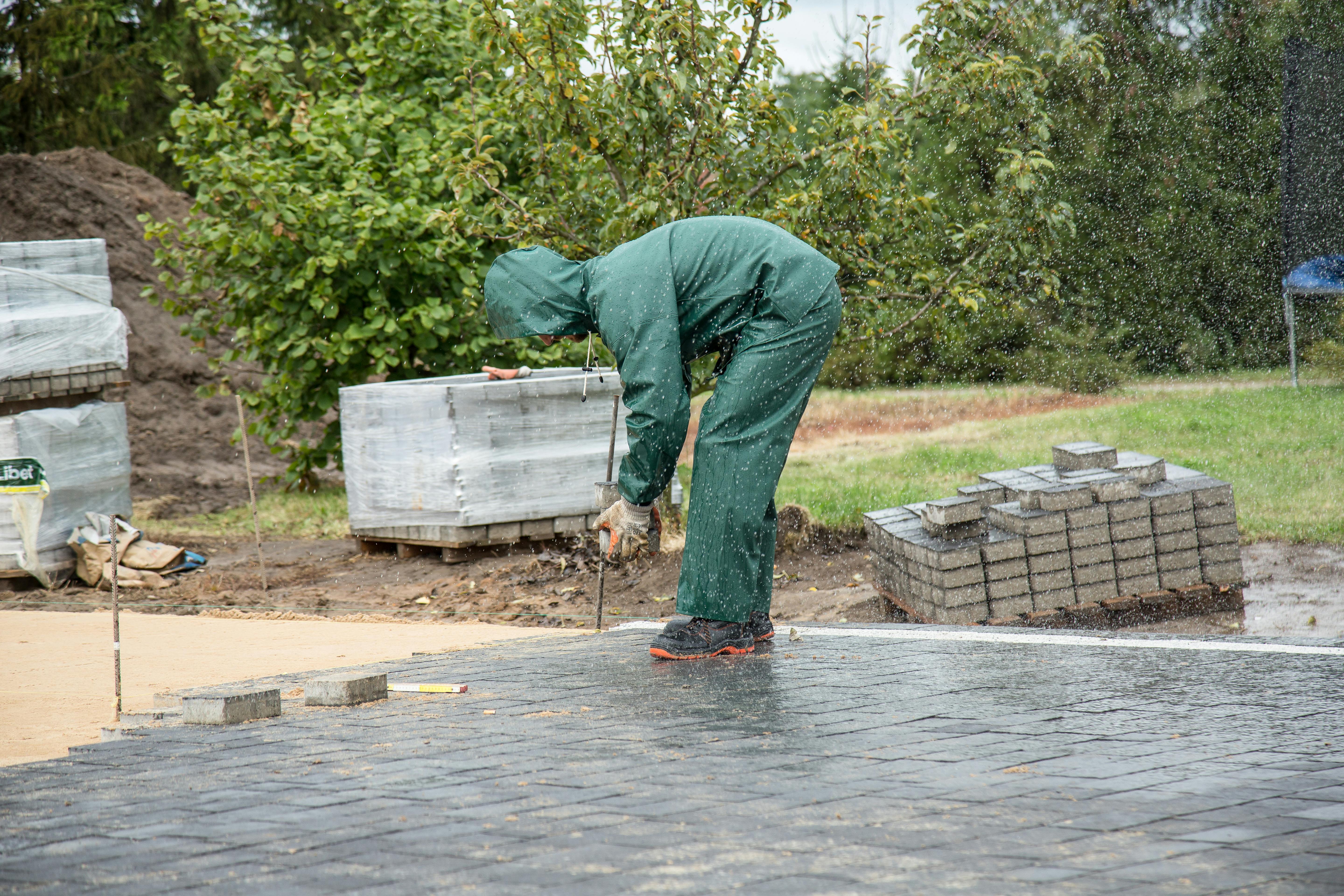Why Paver Base Preparation Really Matters
Uneven pavers and weeds are more than annoying—they're signs of poor base work. Here's why paver base preparation is key to a lasting finish.

When planning a new paved area—whether it’s a patio, pathway, or driveway—it’s tempting to focus on the visual finish. But there’s something even more important hiding beneath the surface: what’s under your pavers. Without a well-prepared base, even the best-quality pavers won’t last.
If you’ve ever seen sunken spots, shifting tiles, or weeds poking through after just a few months, chances are the base wasn’t done properly. It’s not just an eyesore—it’s a sign of deeper issues that can cost time and money down the track.
Let’s walk through everything homeowners should know about paver base preparation and why hiring a professional through our platform can help you avoid costly mistakes.
Why the Base Matters
The base is the foundation that supports your pavers. A properly prepared base provides:
- Stability: It prevents pavers from shifting, tilting, or sinking.
- Drainage: A well-built base ensures water flows away from the surface, reducing erosion and weed growth.
- Longevity: Paving that rests on a solid base can last for decades with minimal maintenance.
If you cut corners on base prep, you risk redoing the entire job in a year or two.
What Goes Under Your Pavers?
Here’s a quick breakdown of the layers professionals typically use under pavers:
1. Subgrade (The Native Soil)
This is the natural ground beneath your project. It needs to be assessed for moisture content, softness, or clay-like properties. Certain soils, like expansive clay, can shift with moisture and require deeper excavation or soil stabilisation.
2. Sub-base (Road Base or Crushed Stone)
This is the most important layer for support. Professionals usually use a material like crushed rock (commonly known as road base or crusher dust), which compacts well and provides a stable bed. The typical depth ranges from 100mm to 150mm, depending on the load.
3. Bedding Layer (Sand)
On top of the compacted road base, a thin layer of sharp sand (around 30mm) is spread and levelled. This allows fine adjustment when laying pavers and contributes to drainage.
 (Image source: Pexels)
(Image source: Pexels)
Common Problems from Poor Base Work
If you don’t get the base right, here’s what you might run into:
- Uneven Pavers: A lumpy or poorly compacted base leads to visible dips and trips.
- Weeds and Grass: Without a proper base and edge restraint, unwanted greenery quickly pushes through gaps.
- Water Pooling: If water can’t drain away, puddles will form or, worse, erode the base over time.
- Sinking or Shifting: Without a solid base, the weight of foot traffic, furniture, or vehicles causes pavers to sink or move out of alignment.
These issues can turn what should be a long-lasting surface into a frustrating and expensive headache.
Soil Conditions Matter Too
The type of soil under your paving site can affect the depth and materials needed for the base. For example:
- Clay soils expand and contract with moisture, so professionals may dig deeper and install a thicker base.
- Sandy soils drain well but can shift without proper compaction.
- Loamy soils are more forgiving, but still require a good compacted base for longevity.
This is where the experience of a professional becomes vital. They’ll assess your site conditions and choose the right approach from the start.
Why Professional Equipment Makes a Difference
Compaction is a key part of base preparation. A simple hand tamper won’t achieve the same results as a plate compactor—a machine that vibrates and compresses the materials until they're tight and level. Most homeowners don’t own this equipment, and hiring it comes with its own learning curve.
A professional paving contractor brings the right tools and the know-how to use them. They’ll also check for proper fall (slight slope) to encourage drainage away from your home, another step that’s easy to overlook.
 (Image source: Pexels)
(Image source: Pexels)
It Pays to Do It Right the First Time
The biggest complaint from homeowners after a poor paving job is that they ended up paying twice—once for the original install, and again to rip it out and fix it properly. Avoiding that hassle starts with getting the base right.
While it might seem like hiring a pro is the more expensive route upfront, it’s usually the smarter investment in the long run.
When searching for a paving expert, look for someone who:
- Has solid reviews and photos of past work
- Understands your soil conditions
- Explains the base materials they plan to use
- Offers a clear quote with preparation steps outlined
ServiceSeeking connects you with qualified paving professionals who know what it takes to build a base that lasts. With thousands of tradies on the platform, it’s a fast and easy way to find someone who can handle your job properly from the ground up.
It’s easy to get swept up in choosing paver colours and patterns—but it’s what lies beneath that truly makes or breaks your project. Paver base preparation isn’t just about a flat surface; it’s about ensuring your patio, path, or driveway stays looking good and working well for years to come.
If you’re planning a paving project, take the guesswork out of it and hire a paving specialist through ServiceSeeking.com.au. The right groundwork now can save you a lot of digging later.
